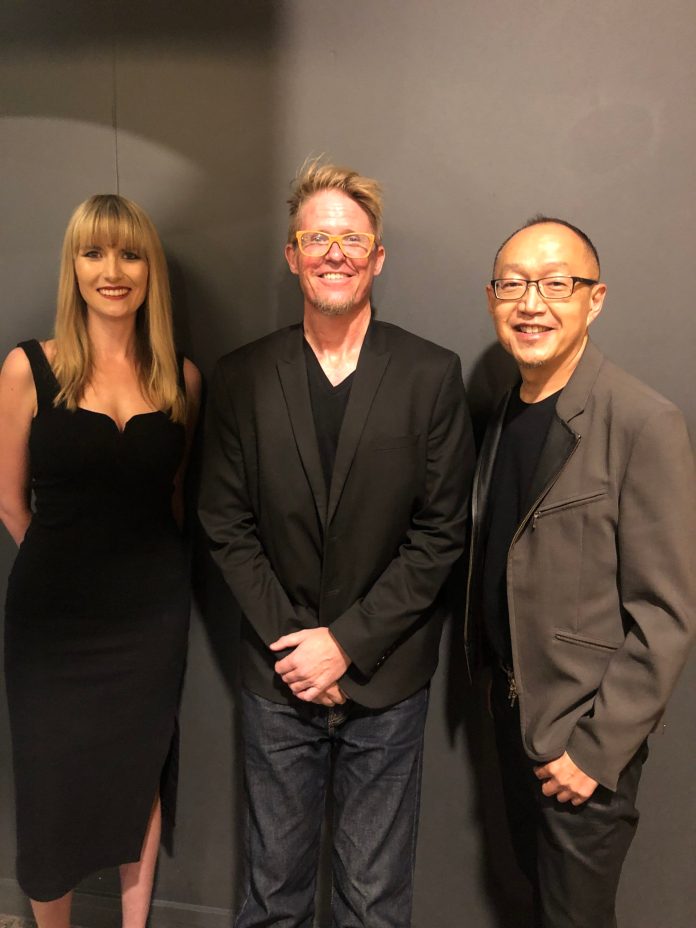The Futurists is one of the most anticipated events held each year – even more so since the whole world has taken a giant leap forward, advancing five years in the space of 2020 alone. And the pressure is now on businesses to have to meet the velocity of change.
At a recent event, The Futurists, led by Dion Chang and Bronwyn Williams from Flux Trends – who are hands-down some of the smartest, most fascinating minds in the country – they unpacked the year to come.
It is here that you get to hear about some of the things we fear coming to life, but get to learn of the various opportunities for business and humanity enabled by these very developments.
“What we previously perceived to be ideas of the far off future are starting to enter the market now. The implications, for business and society as a whole, are massive and feel at times to be beyond our comprehension,” says Heavy Chef CEO Fred Roed. “Bronwyn and Dion are just the brilliant minds we need to make these developments not just palatable but digestible for our audience of entrepreneurs – for whom these trends present either opportunities or threats.”
Dion Chang revealed a glimpse into the annual “The State We’re In” Report. Using his six pillars or T.R.E.N.D.S (an acronym for tech, retail and marketing, economy, natural world, diplomacy and socio-cultural), he gave us a highly anticipated overview of the global trends his team are currently tracking, as well as their implications for business and society as a whole.
“With great change comes great anxiety. For the past two years, we’ve been in a heightened state of threat and fear, and starting to see marked high levels of aggression,” he shared. “Everyone is a bit stressed and we’re all suffering from worry burnout so let’s be kind to each other in these ever-evolving times.”
Interestingly, governments are also joining in on the fun, with Barbados and Seoul being first in line to claim their piece of metaverse real estate. In retail and marketing, totally contactless societies are on the rise, lab-grown protein is going mainstream, and the pandemic has made us more impatient so Tik-Tok, king of instant gratification, now makes food. And the middle class is disappearing.
“I call it the ‘middle-class mirage’,” said Dion. “During the pandemic, the 1% got exponentially filthy rich and the poor just got more destitute. So the middle-class is proving to be a mirage and we are disappearing.”
It’s not all bad news though. The carbon economy is enabling more sustainable business practices and climate change is finally being taken seriously.
However, the biggest trend in technology now, and undoubtedly one of the biggest topics of 2021, is the metaverse. “It’s rush hour in the metaverse – everyone is charging into the ether to try and stake their claim there,” said Dion. Big brands like Nike, Disney, Ralph Lauren, Walmart – everyone is trying to get in.” But it’s opened doors for all levels of discussion around what it will mean for humanity to live the double lives enabled by a virtual reality like the metaverse promises.
Bronwyn Williams posed the question, “Which reality do you want to choose?” With virtual reality and the metaverse dominating conversations everywhere, the implications of this for business, people and society, are huge.
While augmented or virtual reality may be helping us add richer experiences to our daily lives, it has created this culture of escapersim, and it’s becoming more and more acceptable for people to retreat into their corners, creating physical separation and isolation amongst people. Whilst the virtual reality space might give us a moment of escape from our real lives, it has given us a sense of a diminished reality where we can filter out what we don’t want to see so we don’t have to deal with it.
“What we need to think about is as technology becomes more personal and more powerful, what are we having to give up on the other side. As it creates a tactless society, this need for more human interaction has increased,” she concluded.












